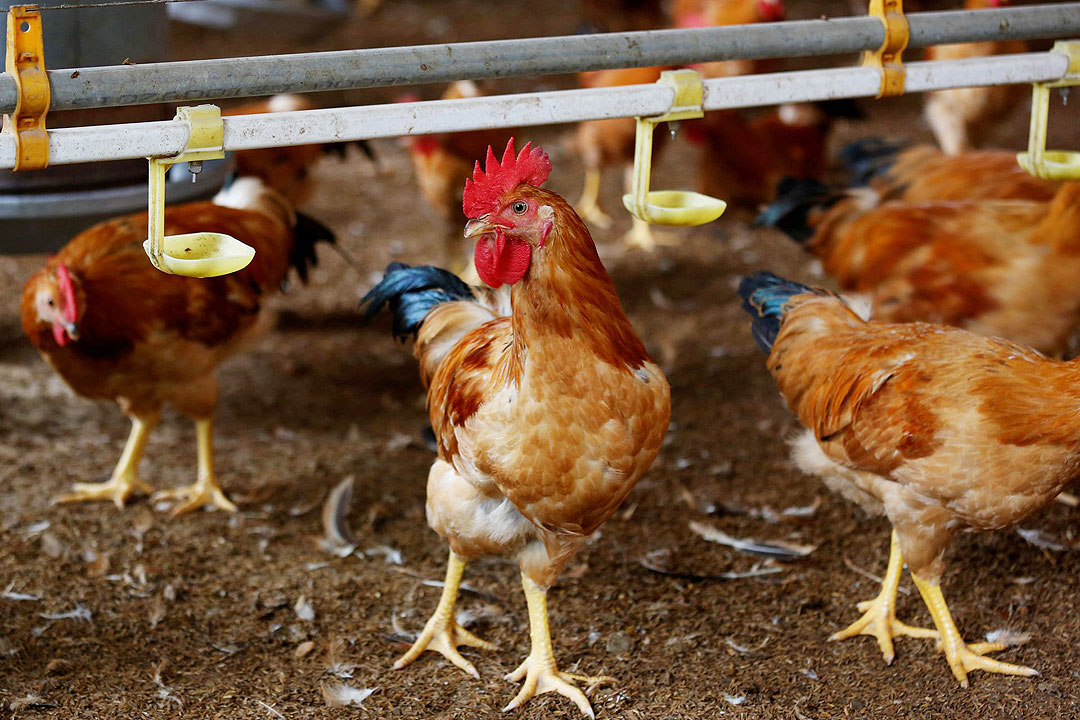POULTRY imports from the Netherlands have been temporarily banned after the detection there of H5N1 highly pathogenic avian influenza (HPAI), otherwise known as bird flu.
Memorandum Order No. 69 issued on Nov. 12 by the Department of Agriculture (DA) suspends imports of domestic and wild birds, poultry meat, day-old chicks, eggs, and semen.
Agriculture Secretary William D. Dar said the Dutch Ministry of Agriculture, Nature, and Food Quality filed a report with the World Organisation for Animal Health (OIE) on Oct. 28, confirming an outbreak of H5N1 HPAI in the town of Zeewolde, Flevoland province.
“There is a need to prevent the entry of HPAI virus to protect the health of the local poultry population,” Mr. Dar said.
On Aug. 25, the DA had lifted a previous ban imposed on poultry imports from the Netherlands after a finding that HPAI was under control.
The previous import ban was imposed on Jan. 11 after H5N8 HPAI outbreaks were detected in Utrecht, Friesland, and South Holland.
Mr. Dar also signed Memorandum Order No. 68 on Nov. 12 which temporarily banned imports of cattle from Germany due to an outbreak of atypical bovine spongiform encephalopathy (BSE), also known as mad cow disease.
The order covers processed animal proteins derived from cattle, live cattle and meat, and meat products from Germany.
Mr. Dar said German veterinary authorities reported the mad cow disease outbreak to the OIE on Oct. 13, which was detected in Kraiburg, Bavaria.
“The recent cases of BSE or mad cow disease in Germany as reported to the OIE may pose a risk to consumers due to BSE’s assumed link with the variant Creutzfeldt-Jakob disease (vCJD) in humans,” Mr. Dar said. — Revin Mikhael D. Ochave
